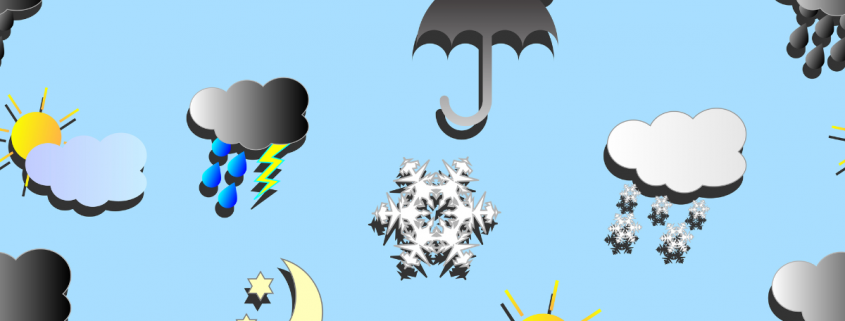Top Winter Elderly Care Rules: How To Keep Elderly Warm, Healthy And Cozy All Year Long
Winter is a time of increased risk of illness, due to the lowering of our body’s immune system. Seniors are particularly at risk of a simple cold turning into a health-threatening infection. Therefore, it is particularly important to provide adequate support for the senior’s body.
Caring for seniors during winter time is in some ways a little different from elderly care during the warmer months of the year, so be sure to take a look at our winter elderly care principles to find out how to keep seniors warm, healthy and cosy in the wintertime.
What does appropriate elderly care in winter consist of?
Appropriate elderly care in winter should focus on three main blocks. The first of these should concentrate on the prevention of bacterial and viral diseases, which are particularly prevalent in winter. The main focus here is the prevention of hypothermia and measures to improve the immune system with suitable diet and lifestyle changes.
Furthermore, an important aspect of winter elderly care is to ensure that the skin of the elderly is well protected, as in winter, our skin dries out quickly, which can be particularly troublesome in old age.
Last but not least, it is necessary to introduce methods for the prevention of falls, which can be tragic in old age, and to offer the senior citizen alternative forms of active leisure so that even in winter, the senior citizen’s bodies and well-being remain in good condition.
Guidelines for proper winter elderly care
Below, you can find the most important information to help you keep your senior loved one healthy and well, whatever the weather.
Proper diet
Although proper nutrition is worth taking care of regardless of the season, during the winter months, a senior’s diet is particularly important to improve overall body condition. Whole-grain cereals and seasonal vegetables should form the basis of meals. On cold days, serve them hot dishes as they are the best way to warm up the body. You can try soups (e.g. light broths or soups-creams based on your favourite vegetables) and so-called one-pot dishes. They are easy to prepare and can be reheated quickly for dinner or the next day.
Senior’s diet ought to include vitamin D. Our body produces vitamin D when exposed to the sun, so in winter, when the sun’s rays are much lower, it needs to be supplied through food. You can find it, for example, in fish, preferably cooked, baked or stewed, dairy products and vegetable oils.
As the winter months can also be a challenge for the skin of seniors, it is also worth ensuring an adequate amount of vitamin C. It helps to fight inflammation and accelerates wound healing. Try to include peppers, spinach, cabbage, tomatoes, cauliflower, and Brussels sprouts in your meals.
Proper temperature
The right temperature in a senior’s home or flat minimizes the risk of hypothermia. According to the US National Institute on Aging, it is reported that due to the factors described above, seniors can experience hypothermia even when temperatures drop slightly, so be sure to check that your senior loved one is adequately reheating their living space. Recommended room temperature for the elderly in the UK in living areas should be maintained at 70F or higher, while bedroom temperatures should be maintained at a minimum of 64F.
Proper attire
And don’t forget the most important way how to keep the elderly warm, which is to dress appropriately for the weather. It is not advisable to exaggerate the number of layers or to use too few, because in both cases the senior risks catching a cold.
Therefore, opt for high-quality woollen clothing and comfortable outerwear, and equip your senior loved one with tried-and-tested thermal underwear, especially if they are an active person who gets outdoors a lot, even in winter.
Proper skin protection
In winter, seniors’ skin dries and cracks very quickly, so it is advisable to regularly apply good moisturising creams, but only those that are fat-based, as water-based creams will do a disservice to seniors’ skin. It is also best to use a good moisturising cream with a sun protection factor of at least 15 SPF, as it is also important to protect against harmful UV rays in winter.
Proper fall prevention
An active senior citizen will not want to give up walking, even in winter. When the pavements are covered with a layer of snow and ice, you need to think about keeping your loved ones safe. How can you prepare your senior to go out in winter? First and foremost, opt for good footwear, preferably fitted with non-slip rubber soles, which significantly increase grip.
Moreover, we recommend investing in hip and knee protectors, and including Nordic walking poles in the senior citizen’s walking routine.
Winter elderly care — summary
Be sure to implement the principles described here to avoid illness in your senior loved one and to ensure their well-being in winter.















